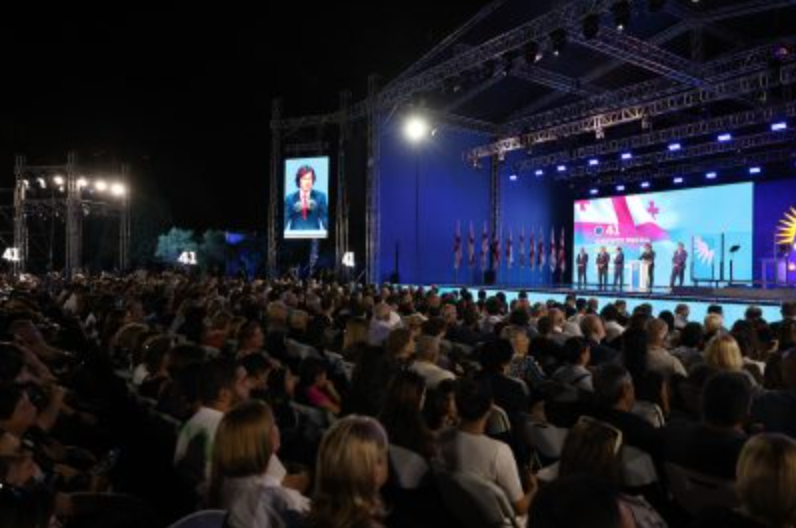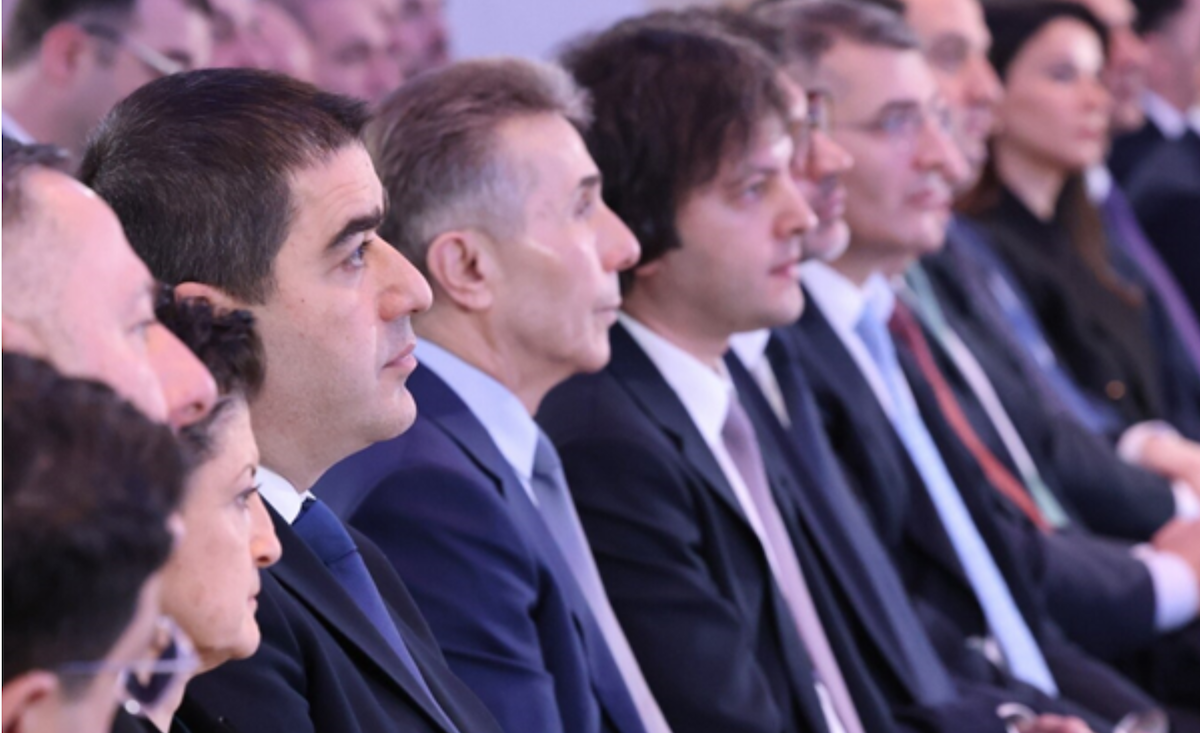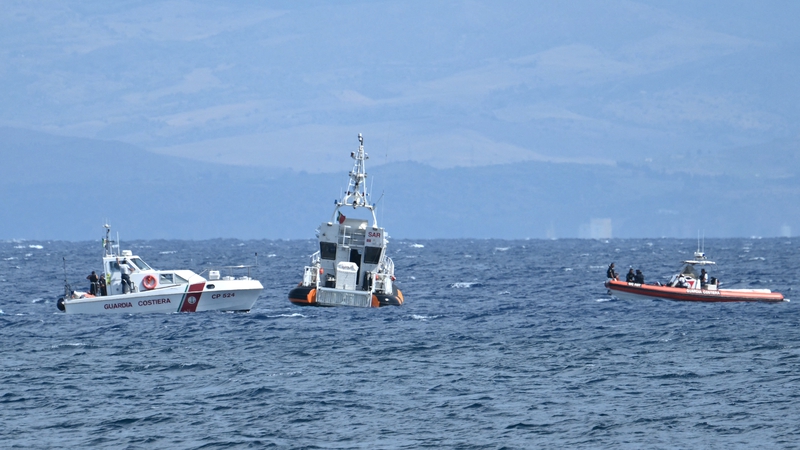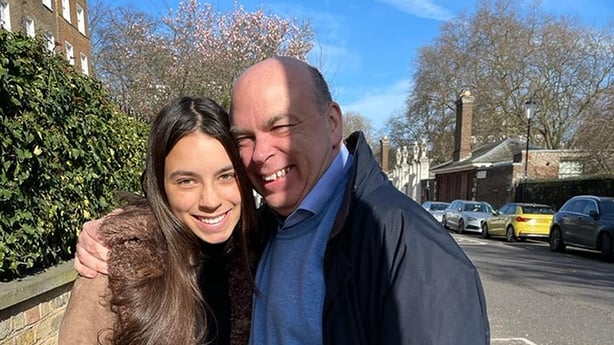A group of mostly progressive evangelical political strategists are trying to help religious conservatives see Harris as the more biblically faithful of the two candidates.

This combination photo shows Vice President Kamala Harris, left, at the White House in Washington, July 22, 2024, and Republican presidential candidate former President Donald Trump at an event July 26, 2024, in West Palm Beach, Fla. (AP Photos)
August 26, 2024
By Katherine Stewart
(RNS) — In his presidential campaigns in 2008 and 2012, Barack Obama captured 26% and 21% of white evangelical Christian voters, respectively — and won. Hillary Clinton got only 16% of the white evangelical vote in 2016 and lost. In the past two elections, Donald Trump took more than 80% of the white evangelical vote. Most analysts agree that if Kamala Harris can break this hold on religious conservatives and approach Obama’s numbers, she will sail into the White House.
To recapture the religious conservative vote for the Democrats, evangelical groups that are aligned with the Democratic mission are alternating between the carrot and the stick. The “carrot,” — appealing to voters’ religious identities in a positive way — aims to show that Democratic policies in general and Harris’ in particular manifest a rich and broad understanding of religious duty grounded in the gospel.
The “stick” is in large measure about wielding the prospect of a second term for Donald Trump. In this case, some of the same groups make the case that Trump is simply not a worthy representative of Christianity. But it’s also the broader argument that the Republican Party promotes an idea of religion that is too narrowly focused, divisive, intensely politicized.
Doug Pagitt, an evangelical Christian pastor and co-founder and executive director of Vote Common Good, an organization committed to engaging Christian voters, articulated the carrot-flavored strategy at last week’s Democratic convention, saying, “We are trying to help religious conservatives understand it’s okay for them to let concern for the common good, and not allegiance to a political party, determine how they vote.”
RELATED: In Chicago, ‘Little Palestine’ adds its voice to roar of the Democratic convention
Pagitt was in Chicago for a series of events for Catholic voters, evangelical voters, young Black voters and interfaith leaders organized by his organization. Along with leaders of like-minded groups, Pagitt cited a range of liberal and progressive issues that, in their view, align with Jesus’ teachings: affordable housing, fair wages, access to adequate health care, food security and common-sense gun reform among them.

Doug Pagitt. (Courtesy photo)
Tim Whitaker, creator and facilitator of the New Evangelicals, who also attended the convention, also favored the carrot approach. “What values should be guiding voters?” he asked. “The biggest one is the value of non-dehumanization. How to make sure that we care about people who fall through the cracks of our society. What does it mean to love, not just our personal neighbors, but all of our neighbors. Policies that help all of us promote our human flourishing and the flourishing of our neighbors.”
CNN commentator and civil-rights advocate Van Jones identified Harris as the champion of those values, telling the crowd at a gathering for Christians for Kamala, “Her agenda is to stand for what Jesus called the least of these: the addicted, the convicted, the afflicted, the evicted.”
Jones added, “It’s an exciting time for people of faith to step forward, and we shouldn’t be shy to say that we come to this with a particular perspective. For those of us who take seriously the social gospel, who take seriously the idea that we have to deal with the least of these, Kamala Harris is a fantastic representative for that.”

Democratic presidential nominee Vice President Kamala Harris speaks during the Democratic National Convention, Aug. 19, 2024, in Chicago.
Kristin Kobez Du Mez, author of “Jesus and John Wayne: How White Evangelicals Corrupted a Faith and Fractured a Nation,” remarked on the racial and ethnic diversity of participants on an Evangelicals for Harris call, who reportedly included a granddaughter of the late evangelist Billy Graham.
“Evangelical leaders often like to claim that evangelicalism is defined not by race or by politics but by theology,” she said at a panel titled “America Has Faithful People and a Secular State. Can our Politics Reflect Both?” “Yet in reality, political and social issues tend to define evangelical identity every bit as much as theological claims — perhaps even more so.”

Kristin Du Mez. (Photo © Deborah K. Hoag)
Du Mez pointed out that this was no less true of Black evangelicals, who “have always held different social and political views than their white counterparts. They have applied their faith in ways that support equality and social justice, and they have done so ‘as Christians,’ motivated by their biblical faith.”
The positive appeal to the social gospel was by no means limited to evangelicals. “My work is informed by my faith and defined by my faith,” said U.S. Rep. Madeleine Dean, a Catholic lawyer serving Pennsylvania’s 4th congressional district, who appeared on a panel titled “The Importance of Catholic Voters in the 2024 Election.”
“My parents gave us the gift of the Catholic faith,” said Dean. “But those tenets of the common good have informed my work and that’s why it’s so comfortable to fight for these things.”
Fellow panelist Carolyn McGraw, a 23-year-old delegate from New York State’s 20th congressional district and a graduate of Catholic University, said, “A lot of my core values align with both the Democratic Party and with my Catholic faith.” Remarking on the enthusiasm for Harris among many people her age, she said, “I have seen people who voted for (Trump) in 2020 and went to pro-life rallies and are now voting for Harris.”
Groups representing both Jewish and Muslim voters likewise joined forces in advocating progressive policies, and religious leaders of all faiths joined together at a late-afternoon Interfaith Leaders Meet-Up for a participatory conversation called Promise 2025: Democracy, Religion & an Inclusive Vision for the Future.
The “stick” strategy made its convention debut with an ad produced by Evangelicals for Harris that called Donald Trump a “false prophet.” It featured scathing clips of Trump insisting that he alone can fix things and boasting he could shoot someone on Fifth Avenue and wouldn’t lose any voters, and highlighting his dehumanizing characterizations of fellow Americans. At its close, the ad exhorts viewers to read the New Testament’s First Letter of John and to “Choose Christ’s Love.”
The Jan. 6 attack on our Capitol is part of the argument against Trump’s character. “It was clear that Mr. Trump incited folks to go to the Capitol, and in effect he is morally responsible for that insurrection, as Senator (Mitch) McConnell said on the floor of the Senate,” Jim Ball, founder of Evangelicals for Trump, noted during the convention. “That voters of faith can support someone who they would never support as a Democrat on the character issue, that they would support someone who has tried to subvert democracy and the rule of law, is a profound shock.”

Republican presidential candidate and former President Donald Trump speaks at a Get Out the Vote rally at Coastal Carolina University in Conway, S.C., Feb. 10, 2024.
Pagitt wrote in an Aug. 25 article for MSNBC that Trump’s temperament that serves him well at rallies may also turn faith voters off. “I’ve gleaned the reason many evangelical and Christian voters ultimately leave Trump: his obvious lack of kindness,” he wrote, citing a 2020 poll commissioned by Vote Common Good.
The efforts to attract religious conservatives have not gone unnoticed in the Republican camp. Fox News, which supports Trump, has awarded hours of airtime to Megan Basham, author of “Shepherds for Sale: How Evangelical Leaders Traded the Truth for a Leftist Agenda,” who asserts in the book that Harris’ platform is “diametrically opposed” to “biblical ethics” and accused Democrats of trying to “weaponize” Christianity “in order to sway the evangelical vote.”
RELATED: The man Biden calls ‘my rabbi’ on what it’s like to offer a prayer at the DNC
Such counter-programming, which includes more fanciful maneuvers like a recent article in the New York Post that warned of a “progressive takeover of America’s evangelical churches” by left-wing billionaires, illustrated with an image of George Soros, indicates what some on the right consider a not insignificant section of evangelicals in play come November.
The question is whether that section is large enough to make a difference for Harris. In Chicago, at least, the mood among progressive faith leaders was decidedly upbeat.
“It gives me hope to see so many speaking out to reclaim their faith for justice,” said the Rev. Jennifer Butler, executive director of Faith Forward, a multifaith coalition advancing policies and candidates to protect democracy, at the Interfaith Leaders Meet-Up. “As Americans, we come from different religions, yet we share core values like loving our neighbors and the dignity of all. The pushback reveals how powerful it is to advance faith as a bridge rather than a weapon.”




















